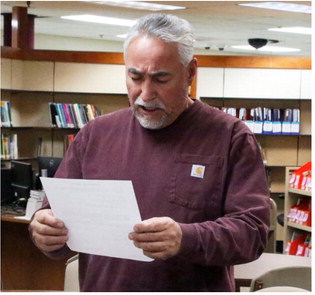MSU Extension Discusses Trusts As A Tool To Handle Financial Affairs
Trusts have gained more attention during the coronavirus pandemic as a tool to handle financial affairs, according to Montana State University Extension educators.
But trusts might not be the right choice for everyone, and individuals should learn the pros and cons of the different types available, said Marsha Goetting, MSU Extension family economics specialist, and Wendy Wedum, Pondera County Extension agent. People should also consider whether there are other legal arrangements to achieve their goals, such as a financial power of attorney or a written will.
For example, a grandmother’s estate planning goal in the early 2000s was to treat her five grandchildren equally. She set up accounts for each grandchild at a brokerage firm, keeping the accounts in her name but designating her grandchildren as the beneficiaries upon her death. But by 2020, the balances of the accounts could be unequal. Goetting and Wedum suggest a revocable living trust as an option. This type of trust is a legal arrangement that shifts ownership of property or specific assets — such as securities, real estate, bank accounts and more — into legal ownership of the trust.
“A revocable living trust is just what that name implies, one created during an individual’s life,” Wedum said. “‘Revocable’ means grandma can change or terminate the trust at any time.”
In Montana, the person who provides property and creates a trust is a “settlor,” also referred to as a grantor, donor or trustor. The trustee is the individual, institution or organization that holds legal title to the trust property and is responsible for managing and administering those assets. The beneficiary is the person or persons who receive the benefits, such as the income or the principal of a trust.
“If grandma wants a provision in the trust to distribute the assets equally among her five grandchildren after her death, she or her successor trustee could use PODs (payable- on-death designations) on her financial accounts or TODs (transfer-on-death registrations) on her securities to transfer the assets to the trust after her passing,” Goetting said. “That way the assets would not be subject to probate.”
More information about revocable living trusts is available in the MSU Extension MontGuide “Revocable Living Trusts,” at http://store. msuextension.org/publications/ FamilyFinancialManagement/ MT199612HR.pdf. Copies are also available from county Extension or reservation offices.

